Community Colleges Expected to Have Their Moment in Biden White House. But in Parting Salvo, DeVos Calls Ideas Like Free Tuition ‘Insidious’
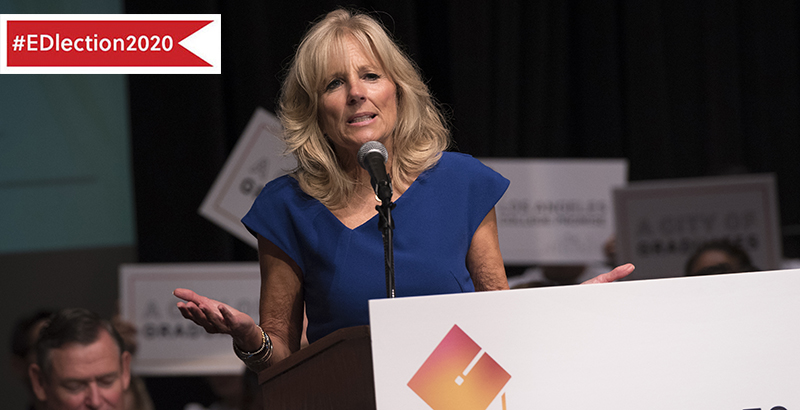
Early post-election moves by President-elect Joe Biden suggest he is poised to offer the nation’s ailing community colleges a rare moment in the sun. In the process, he could dramatically change course on key higher education policies, a route the current administration calls “insidious.”
Observers say Biden’s planned moves would signal a shift back to priorities the Obama administration promoted when it left office in 2017.
The new administration will likely rely heavily on the influence of First Lady Jill Biden, a community college instructor whose doctoral research focused on improving completion rates at two-year colleges. He also plans to tap labor economist Cecilia Rouse to chair the Council of Economic Advisers. Rouse, 56, specializes in, among other topics, higher education finance.
Biden, who has said she will continue teaching at Northern Virginia Community College, is an advocate of making community college free. During the Obama administration, she served as co-chair of College Promise, a national nonprofit that promotes this policy. Last month, she told educators affiliated with the group that the new administration “will stand by you in those efforts because we know just how crucial this work is.”
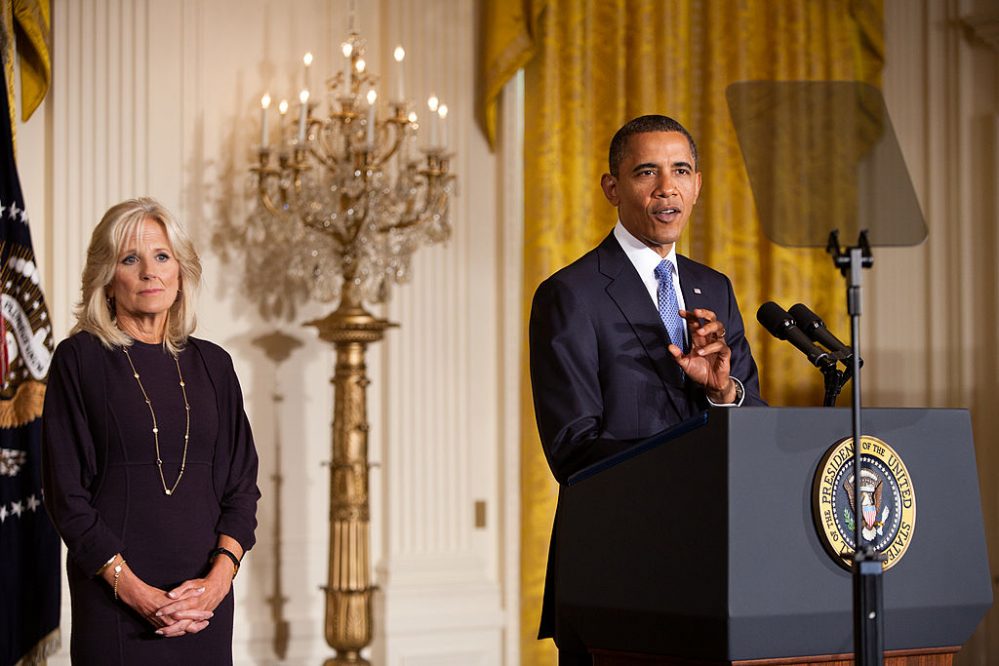
The president-elect has also proposed eliminating up to $10,000 in debt for all students who borrow to attend college, and for debt relief for students who serve post-graduation working in schools, government agencies, community service organizations or other nonprofits. Speaking to reporters recently, Biden said his loan forgiveness plan “should be done immediately.”
That approach would stand in stark contrast to the current administration’s college affordability ideas. In what is likely her last major speech, outgoing Education Secretary Betsy DeVos last week characterized calls to cancel or forgive college debt — as well as those to make community college free — a “truly insidious notion of government gift giving.”
Robert Kelchen, an associate professor of higher education at Seton Hall University, noted that Obama pushed for tuition-free community college. “I expect it to be back in the spotlight,” he said. Jill Biden “had a prominent voice in the Obama administration [and] focused a lot of effort on community colleges.”

But Kelchen warned that getting a divided Congress to go for the proposal will be difficult. “If the Democrats take the Senate, it’s a possibility, but it requires the entire Democratic caucus staying together, getting Republicans to vote for it,” he said.
A scheduled Jan. 5 runoff for two U.S. Senate seats in Georgia will determine which party controls the chamber.
An ‘all-hands-on-deck’ approach
Biden’s focus on tuition-free community college and debt relief is also likely to get a boost from his nomination of Rouse to head the Council of Economic Advisers. The dean of Princeton’s Woodrow School of Public and International Affairs, she previously served on Obama’s Council of Economic Advisers, with community colleges and postsecondary education part of her portfolio.
If confirmed by the Senate, Rouse would be the first Black chair of the council and the fourth woman to lead it. She has said college completion should be a key focus of federal, state, and local policy: “If educational attainment is to improve in the U.S. we need an ‘all-hands-on-deck’ approach,” she wrote in 2015. “That is, we need to see improvement from state and federal governments, the educational institutions, and from the students themselves.”
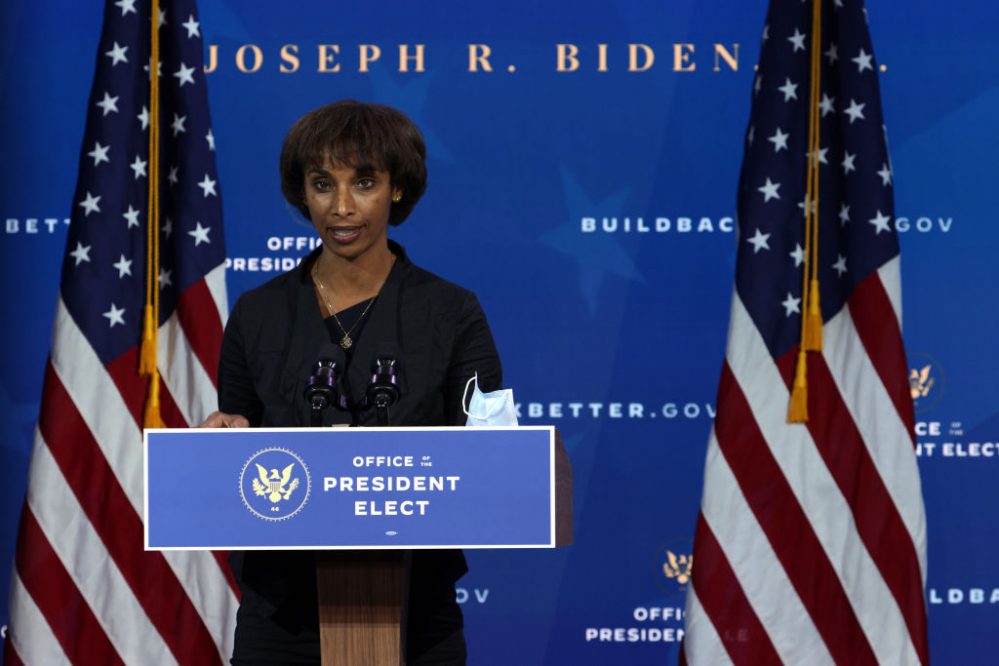
Rouse has noted that research shows simplifying the federal financial aid process can translate into both higher college enrollment and persistence. Community colleges enroll nearly half of undergraduates and are located within commuting distance of most Americans, she said, so “it makes a lot of sense” to make them the focus of White House higher education efforts.
Eric Waldo, who served as executive director of Michelle Obama’s Reach Higher Initiative, and who now serves as chief access and equity officer at the Common Application, recalled that Rouse was among a group of policy experts pushing to expand college access during her time in the White House. She brings “an incredible history as an equity advocate” in education, he said. “Having someone with her body of experience and her commitment and understanding that space is a big deal.”
Thomas Kane, an economist and professor at the Harvard Graduate School of Education, said Rouse’s selection “is great news for all of us in education.”
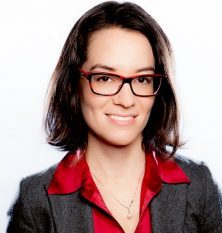
Kane, who also served briefly on the council during the first Clinton administration, said Rouse is a non-ideological “friend of evidence” who is “quite fair-minded.”
Another economist, Judith Scott-Clayton of Columbia University’s Teachers College, noted Rouse’s expertise in higher education policy, the role of community colleges, and student loans. “She was studying these things and building the research base well before these were considered hot topics.”
Moves possible without Congress
While a narrowly divided Congress could severely limit a new bid to offer two years of tuition-free community college or training to eligible students, several observers say Biden could basically accomplish the same goal by using regulatory authority to give students greater access to aid.
Whether Democrats gain control of the Senate or not in 2021, Kelchen, the Seton Hall scholar, said the Biden administration “has to choose which battles they want to pick. Do they want to focus on increasing the Pell Grant? Do they want to focus on tuition-free community college, or do they want to focus on student debt forgiveness?”
Focusing on debt forgiveness or deferment, he said, could actually give the administration a way to sidestep Congress via executive action.
Waldo, the former Reach Higher Initiative director, agreed. “The reality is that we’re unsure still of what Congress is going to look like. But I do think people understand that Americans need help right now. And you have to hope that folks are going to come together to support higher ed, to support students, to support workers in need who need to re-credential, retrain and enter the knowledge economy safely — and to contribute meaningfully to society.”
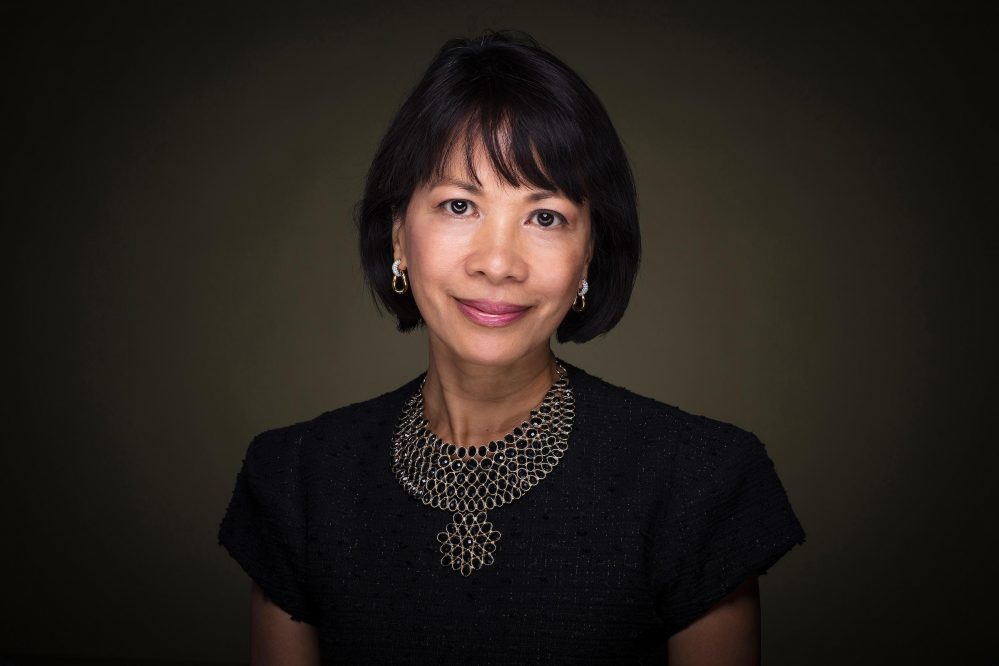
Astrid Tuminez, president of Utah Valley University, said the focus should be on keeping higher education “affordable, accessible and flexible,” especially for low-income and working students. More than one in three of Tuminez’s students are first-generation college students, she said, and 81 percent work while attending class.
“It would be great to see a renaissance of higher education, but not not the education that we have always preferred, which is for the few select people,” Tuminez said, noting that elite institutions educate about six percent of students. “How do we unlock the potential of the other 94 percent?”
With the Covid-related recession still in full swing — nearly 5 million workers who had jobs before the pandemic are still looking for work — community colleges could play a pivotal role.
Having Rouse at the head of the council, Scott-Clayton said, “means that her expertise on critical areas of higher education policy can be infused into the administration’s broader economic agenda, rather than being seen as a stand-alone issue. That’s what gets me most excited. I think it reflects the importance of the education agenda, including the community college policy agenda, to our nation’s overall economic health and recovery.”
Get stories like these delivered straight to your inbox. Sign up for The 74 Newsletter

;)

